Used to link two or more rotating shafts, industrial belts are found in every industry, across a vast range of applications.
Our range of industrial belts are built for lasting performance with high-quality rubber materials, industry-leading belt manufacturing processes, and years of refined performance.
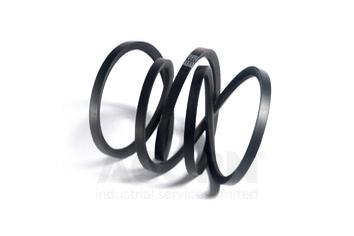
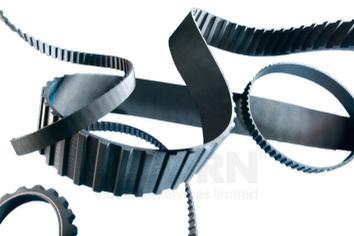
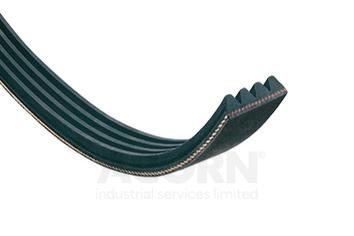
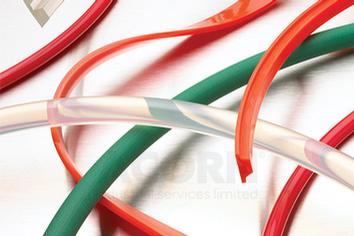
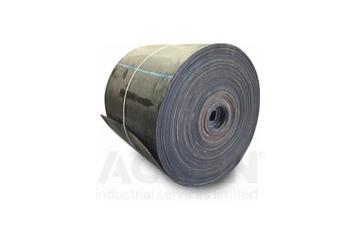
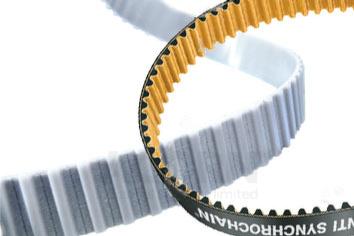
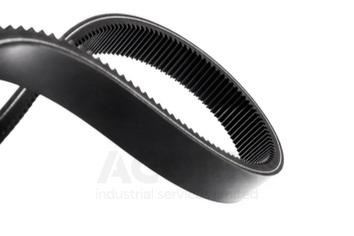
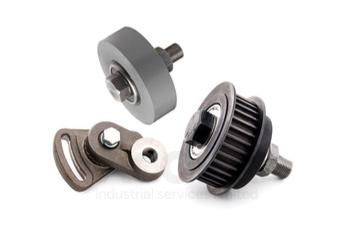
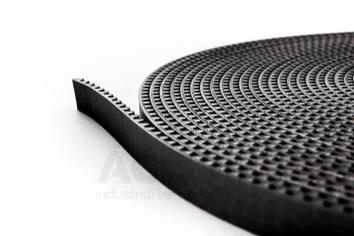
A high quality belt will continue to transmit power for many years with minimal maintenance required. It will not rust, and is much more resistant to environmental contamination than chain.
Belt drives are often much more cost-effective than chain drives, particularly in applications where the distance between shafts is large.
High-quality belts generally run between 95% and 98% efficiency, making them an efficient option.
Chain drives are notoriously noisy, so in applications where noise pollution is a consideration, a belt drive may be a good choice.
V-belts
Wrapped belts
Wedge belts
Timing belts
Twist-link belts
Industrial belts are various industries, including:
Manufacturing: They are used in the manufacturing industry for conveying materials, driving production lines and operating machinery
Agriculture: Industrial belts are useful in the agricultural industries, especially for powering tractors, in harvesting equipments and in irrigation systems.
Industrial belts require proper maintenance to ensure efficiency and longevity. Some of the best practices are:
Proper alignment to reduce stress on the belts
Make sure you use compatible belts for specific applications
Constant monitoring for unusual noise or vibrations
Regular inspection for wear and tear
At ACORN industrial services, our offerings extending beyond just industrial belts. We are committed to providing other power transmission products to meet your industrial needs:

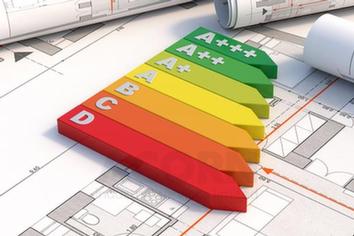

Industrial belts are mechanical components used to transmit power and motion between shafts. They are commonly used in various machinery and equipment across industries such as manufacturing, automotive, agriculture, and mining.